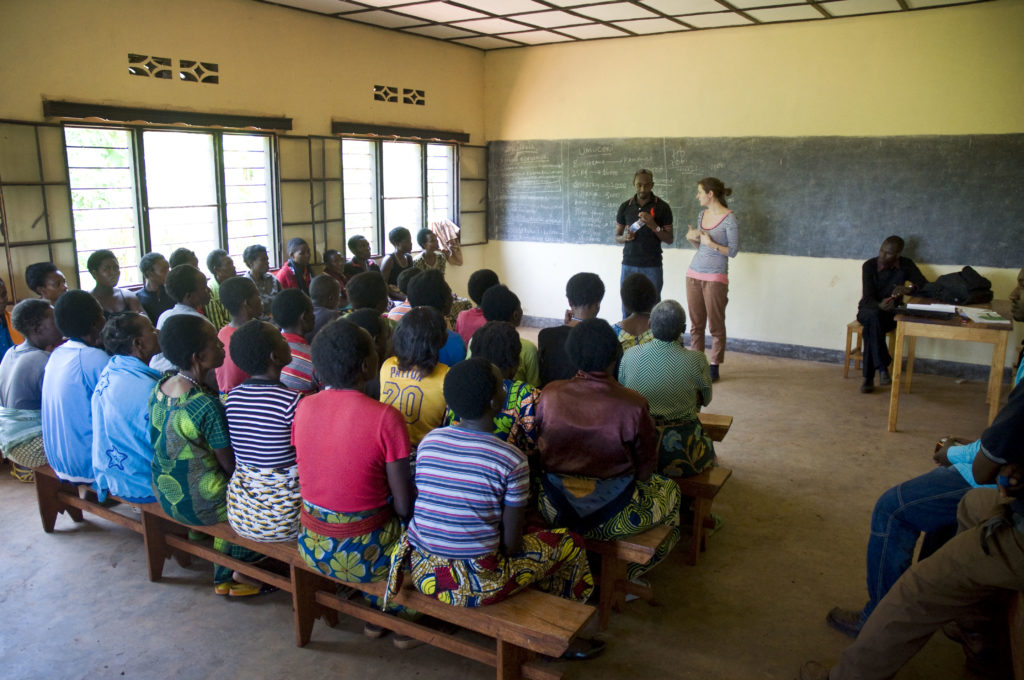
Each year SURF publishes an Annual Report of our work. We are currently in the process of finalising our Annual Report for 2011, and preview here a review of our year, as documented by the Co-Chairs of Survivors Fund (SURF), Liliane Umubyeyi and Nick Joseph:
The past year has been a successful one for Survivors Fund (SURF).
We have not only scaled up many of our flagship projects, but we have developed a number of new and innovative projects as well. Our philosophy continues to be in building the capacity of our partner organisations to develop and deliver more effective projects to support sustainably the genocide survivors in their membership. Through our ongoing work with AVEGA and AERG in particular, we are demonstrating that this is not only possible, but also achievable.
Recording this work is important, however, so is looking forward to the work that we plan to undertake. The year ahead will be a pivotal time for Survivors Fund (SURF) as well as for survivors of the genocide.
Our primary focus will be supporting AVEGA Agahozo to extend the organisation’s work to support widows and orphans of the genocide in the Southern Region and Northern Region of Rwanda. In April 2012 we start a new project funded by UKaid from the Department for International Development (DFID), which will provide direct support to over 10,000 widows of the genocide, and 40,000 of their dependants.
Our HIV+ Survivors Integration Project (SIP) funded by Comic Relief will conclude in September 2012. We will be commissioning an independent evaluation to determine the impact of the two years of work in partnership with AVEGA Agahozo and Solace Ministries. Of specific interest, will be the progress of the work of AVEGA in the two districts of the Western Region where the organisation is currently operational, as we focus on raising funds to extend their work to the other five districts in the region where at present they have no presence.
We will be working to generate additional funding to support the work of AERG, which is critical at this time as many young survivors in membership of the organisation graduate from secondary school with no access to further education. As such, the majority will struggle to secure a job to enable them to support themselves and their families. We will extend our support to the Kigali Language Exchange, Education into Employment programme, One Dollar Campaign and the Nyagatare Goat Farm on which we are currently working with AERG.
The greatest change in our focus in 2012 will be on strengthening our advocacy, and that of our partner organisations. We will be extending our legal aid project in partnership with Redress, as well as developing a new stream of work focused on developing a new international advocacy campaign.
In addition, we will be continuing to scale up our work with Foundation Rwanda to support women survivors of the genocide and the children born to them of rape. There will be no doubt new opportunities that arise over the year ahead too, which will be a busy one but hopefully as productive as the year past.
